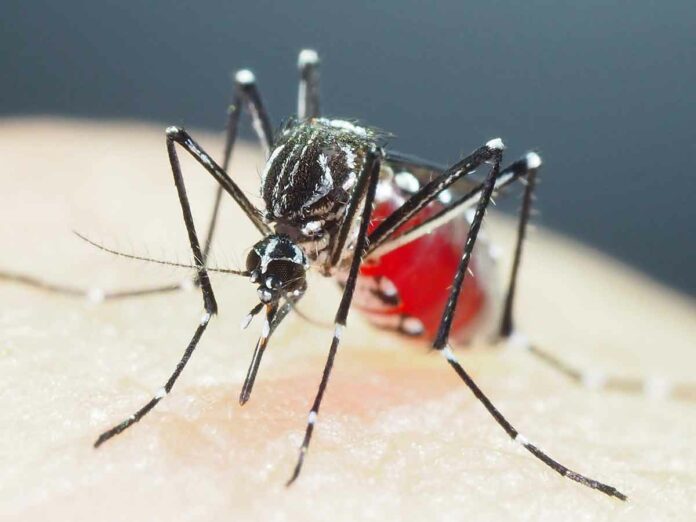A group of Japanese researchers, working with colleagues from Vietnam, Cambodia, Singapore, Taiwan, Indonesia, and Ghana have discovered evidence of mosquitoes that are highly resistant to common insecticides in both Vietnam and Cambodia.
Mosquitoes transmit a variety of infectious diseases ranging from dengue and yellow fever to the Zika virus and malaria. Scientists have created a slew of chemicals aimed at killing or repelling mosquitos. The majority of these are known as pyrethroids and target the mosquito’s central nervous system. The researchers discovered evidence of mosquitos evolving to become highly resistant to pyrethroids in Vietnam and Cambodia as part of this new effort.
In Vietnam, Indonesia, Ghana, and Taiwan, the work entailed going out into the field and collecting mosquitoes. The samples were then sprayed with permethrin. It is a pyrethroid that is commonly used in all of the areas where the samples were collected. They discovered that only 20% of the mosquitos collected in Vietnam died. In the other samples, mosquito mortality rates were as expected.
The researchers then examined the genomes of the mosquitos that had survived insecticide exposure. They discovered a mutation in the L982W gene. It has previously been linked to mosquito resistance. The researchers then collected more samples. This time from Singapore and Cambodia. They have studied their genes, focusing on L982W. They discovered ten distinct strains with mutations similar to those seen in Vietnamese mosquitoes. Almost all of these were found in Cambodia.
The researchers estimated that up to 78% of the mosquitos in the samples they collected in Cambodia or Vietnam were pyrethroid resistant. Mosquitos with the pyrethroid mutation had a 50- to 100- fold increase in resistance. They also looked for combinations of mutations that lead to resistance. They discovered that those with L982W and other mutations could survive pyrethroid exposure levels 500 to 1,000 times higher than what normally kills mosquitos.
According to the researchers, other countries should start testing for resistance to determine the true scope of the problem.
The findings have been published in the journal Science Advances.
More information: Shinji Kasai et al, Discovery of super–insecticide-resistant dengue mosquitoes in Asia: Threats of concomitant knockdown resistance mutations, Science Advances (2022). DOI: 10.1126/sciadv.abq7345

